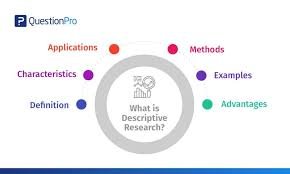Understanding Case Reports: A Comprehensive Overview
A case report is an in-depth and detailed narrative that describes a particular patient’s medical history, symptoms, diagnosis, treatment, and follow-up. In medical research, case reports are considered a crucial type of scientific publication because they highlight unusual or rare cases, new treatment approaches, or unexpected outcomes. These reports offer valuable insights to healthcare professionals, … Read more









